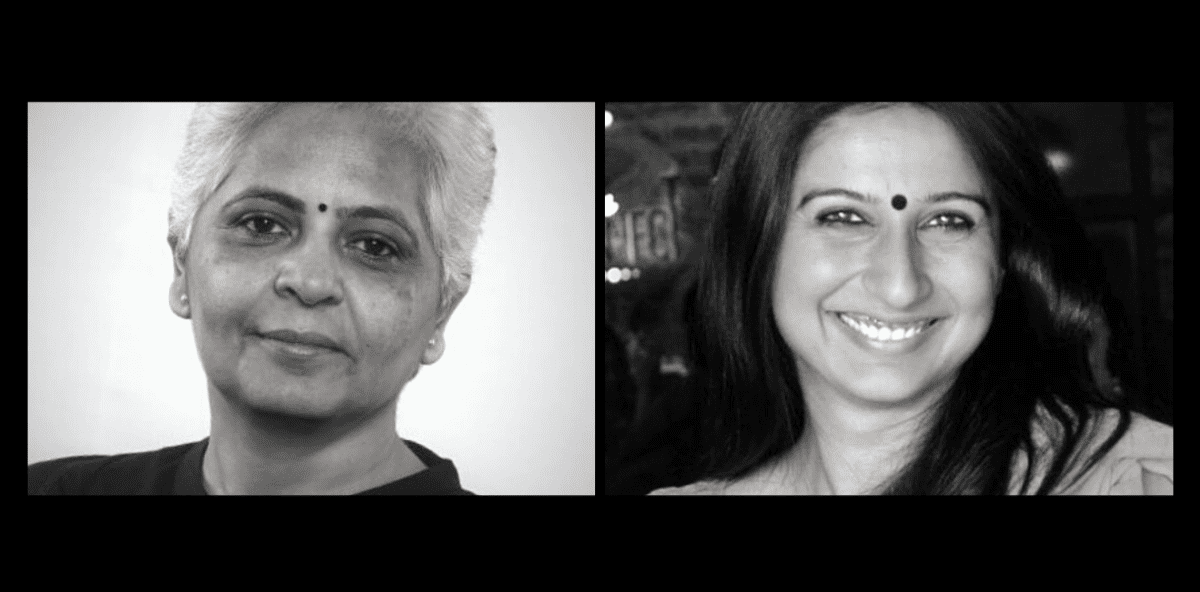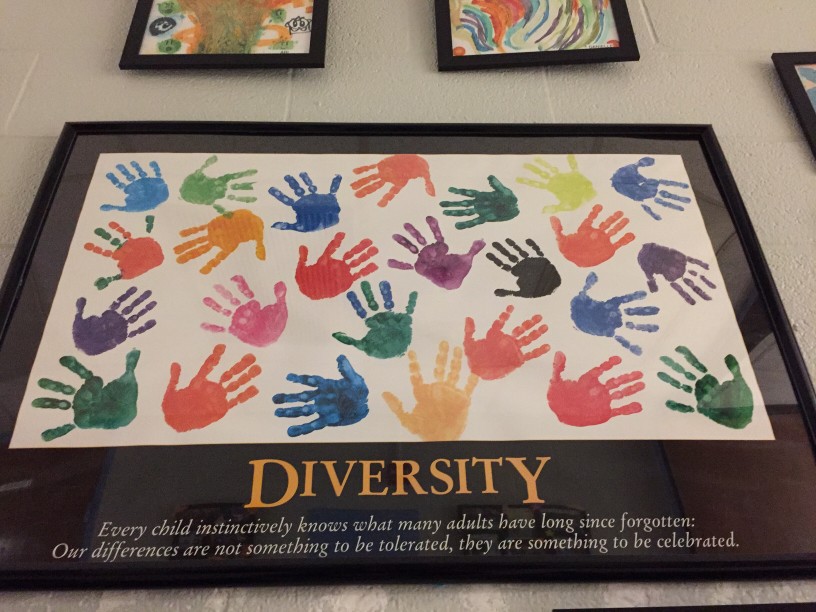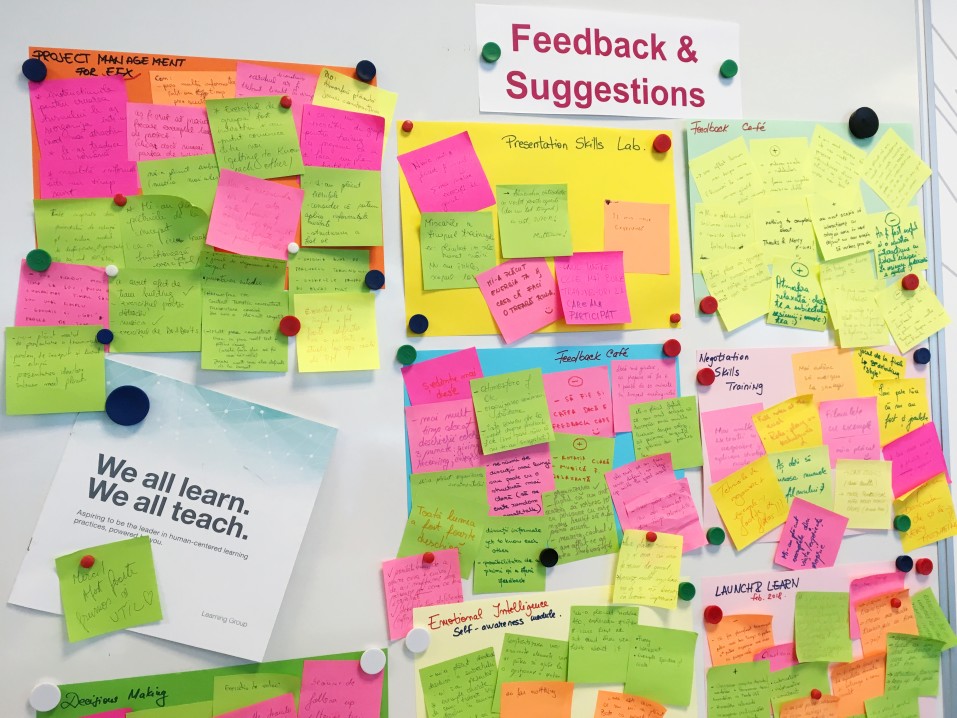Yashmi Pujara: Diversity In Action Is Inclusion

Written By: Rituparna Chatterjee
In her long career at Cactus Communications, Yashmi Pujara, the head of human resources, has played an important part in shaping internal conversations around work, equal opportunity, diversity and inclusion, work culture and women’s empowerment. She often gives people her own example of how she used her company’s work policies to create flexible working modules for herself when she needed the time away the most.
Almost 20% of the workforce at Cactus has been working from home even before the lockdown. So remote work, and its many functionalities and challenges are built into the company’s culture, she says.
In this conversation with Pallavi Pareek, CEO and Founder of Ungender Legal Advisory, Pujara deep dive into the key things that help a company build cultural intelligence into the work processes.


Pujara says she is always surprised when companies talk about achieving a certain diversity mandate, because at Cactus, diversity is a philosophy that is built into all aspects of its work.
One of the ways they achieve this is by using different parameters such as gender, age, nationality, geography and roles, and designing specific initiatives to make sure that the segments feel represented, get the attention they deserve, and have a voice. Cactus is an international scientific communications company that collaborates with researchers across academic disciplines, universities, publishers, societies, and life science organizations to accelerate research impact.
Diversity ‘Mandates’
Pallavi: We see a lot of organisations struggling with this word ‘mandate.’ The minute you say we are going to achieve 25% or 30% or 40% (diversity), it automatically sets a ceiling in terms of what can be achieved. However we think, if you’re going to cater to a diverse market, you cannot afford not to be a diverse company. Do you measure the variables that make you a diverse company?
Yashmi: We are naturally diverse. We work in research, and we work across almost 1200 subject areas. We have people from the physical sciences, human sciences, life sciences, and medicine. Given the kind of work that we do, we have all segments almost equally represented. It is the need of the business. We basically employ people across the world. Today, we have a community of almost 2000 plus freelancers, delivering services, in a matter of hours.
To do this successfully, we also need systems and processes be able to work with people across the world, across time zones, and still meet the quality benchmark promised to our clients. To us that is proof of the concept of remote working and being able to work with people across countries. On a daily basis, when you’re working with such a large cross section of audience, automatically, you are building a lot of cultural intelligence into the workforce.
Addressing Bias
Pallavi: Cactus Communications is one of the top 25 Great Places to Work in Asia, and has been recognised for empowering women leaders in the workplace. How do you feel about being recognised for your efforts for women, when perhaps you have done a great deal for diversity overall?
Yashmi: We realised that at almost every part of a people function, when you talk about hiring, about career growth, about recognition, about engagement —
…almost at every point in the people journey and the employee lifecycle, we found that women were doing very well. They were doing better than men. They were outnumbering men.
When you’re hiring, how do you remove bias from any decision? Here is how we do it. Suppose we are hiring someone for a night shift, and we have three candidates, one of them is a woman. Now, suppose there’s a middle manager who says, ‘I don’t want a woman manager who stays at work in the night. Even if I have another candidate who is not as good, I would prefer that, because hiring women would mean you have to then take care of so many other things.’
We would challenge the hiring manager to ask why he wants to hire x candidate versus y. We’ve had women working remotely, and then growing from an individual contributor to almost a VP position in six to seven years. We challenge our managers saying that you cannot form a certain bias because there’s enough evidence to suggest that what you’re saying is true. So we consciously remove this bias from all our processes to make sure that everyone gets their due.


Flexible Hours
Pallavi: One concern for companies is how to attract diverse talent. Even if one has aprocess by which inherent biases are identified there is always the question of growth. Every community in every segment has very different needs, how does Cactus attract talent?
Yashmi: I think the role of flexibility is woven into Cactus’s work culture. For example, if a person is going to go on maternity leave for a year, we talk about how we are going to manage and focus on a plan B. A lot of flexibility is built into our people practices where we allow women to work virtually. For a lot of companies a work-from-home policy is new, but we always had almost 20% of our workforce working from home.
We make sure that we give them flexibility in choosing what roles they want to play and what their schedule should be. We have different work arrangements, where women can work part time or full time.
Safe Workplaces
Pallavi: One would think that women in leadership positions results in an organisation being women friendly. If that is true, how is it that despite having so many women CHROs, many companies are still struggling to achieve the kind of culture that is required to create an inclusive and safe work environment for women?
Yashmi: You know HR can be committed to building a safe workplace, but HR also needs a lot of support from people around and more so, when HR is working with senior leaders.
I think how committed (leaders are) to providing a safe place to work is very important. This is important because you can be committed to a cause but you will walk into situations where you will need a lot of support from people around. So, one question to ask is — as an organisation are you committed to safety? I think that is a very critical, parameter. HR doesn’t work in isolation.


Feedback And Care
Pallavi: How do you measure the effectiveness of any strategy or initiative that you have rolled out in the diversity space at Cactus?
Yashmi: I think it’s important to measure everything. For all our people’s practices, we have feedback loops attached. So, in everything that we do, we make sure that we’re constantly asking people, are we helping? We want to understand “who” we are serving. We have so many different feedback channels created, that it’s not like HR has to really go and solicit feedback. It comes from multiple channels.
Also important is what happens once you solicit feedback, how do you actually act on feedback? How many women are getting promoted? If women are going on maternity leave, how many women are coming back?
You will be surprised to hear that that we have a 100% track record of women coming back — zero attrition due to maternity.
What is D&I To You
Yashmi: I think diversity to me is how many different aspects of the workforce are represented in your organisation — in terms of age groups, professional backgrounds, cultures, gender, roles that they’d played in the past, or the industries that they’ve worked with.
How you are able to really bring that cross-section of background and perspective to your team, is the definition of diversity and inclusion is about how you really leverage that diversity.
Diversity in action is inclusion.
Watch the full video on Ungender’s YouTube Channel here
Video Highlights
- 07:00: Diversity Measurement At Cactus
- 07:53: Cactus’ Cool People Segments
- 10:18: Women-Friendly Policies At Cactus
- 16:45: What does Diversity Mean To Cactus
- 18:38: Diversity is Visible — Take A Walk Around Our Office
- 25:40: What Other Companies Can Learn From Cactus
- 35:00: Building A Safe Workplace
- 39:45: HR As An Investment Function
- 44:21: The Workplace Loop – Process, Culture and Interactions
Related #MustReads:
LGBTQIA Voices On Going Beyond Recruitment At The Workspace
12 Books On Diversity And Inclusion For Indian Managers At Work
Ikea – What We Can Learn for Impactful Diversity & Inclusion
About The Author: Rituparna Chatterjee is a journalist with close to two decades of experience in journalism, working across media platforms, and tracking ground-up stories of feminist movements, social inequalities, gaps in gender discourse, and communities. She currently oversees communications for Ungender Legal Advisory
Ungender Insights is the product of our learning from advisory work at Ungender. Our team specializes in advising workplaces on workplace diversity and inclusion. Write to us at contact@ungender.in to understand how we can partner with your organization to build a more inclusive workplace.
Read our insights about diversity, legal updates and industry knowledge on workplace inclusion at Ungender Insights. Visit our Blog.
Sign up to stay up-to-date with our free e-mail newsletter.
The above insights are a product of our learning from our advisory work at Ungender. Our Team specialises in advising workplaces on gender centric laws.
or email us at contact@ungender.in




